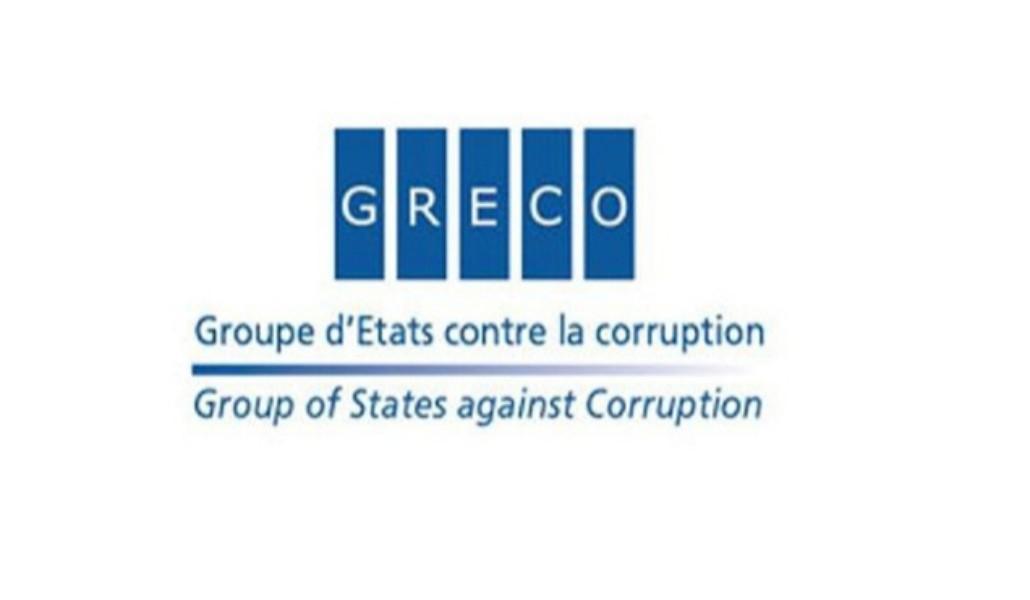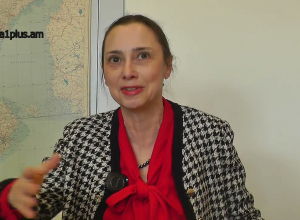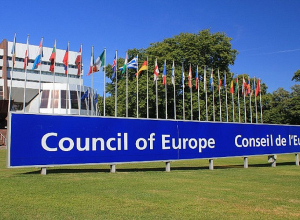Armenia: GRECO notes progress in preventing corruption among parliamentarians, judges and prosecutors; closes the monitoring round

In the new monitoring report published today, the Council of Europe anti-corruption group GRECO concludes that Armenia has made additional steps to comply with the pending recommendations provided back in 2015 related to prevention of corruption among members of parliament and judiciary. GRECO states that out of the 18 recommendations provided, 12 recommendations have now been implemented satisfactorily, and six remain partly implemented. The report terminates the compliance procedure for Armenia in this monitoring round.
GRECO stresses that rules applicable to the acceptance of gifts have been clarified and upgraded in respect of all categories of persons (parliamentarians, judges and prosecutors).
It notes that with respect to members of parliament, some progress appears to be underway. The authorities have reported positive examples regarding the practice of public engagement in parliamentary work. Likewise, measures have been taken to prevent conflicts of interests of MPs (i.e. rules on the transfer of shares held by parliamentarians in commercial organisations to trust management) and to provide for greater scrutiny in this risk area. A Code of Conduct is yet to be adopted and coupled with effective supervision, advisory and awareness raising measures.
With regard to the judiciary, GRECO regrets that the Minister of Justice still has a role in the disciplinary procedures against judges. However, the Action Plan for 2022-2026 on the Strategy of Judicial and Legal Reforms foresees the review of the weight allocated to the votes of non-judge members of the Ethics and Disciplinary Commission of the General Assembly of Judges. Appeal mechanisms have been provided for decisions on the recruitment and promotion of judges. For dismissal decisions, amendments to the Law on the Judicial Code have introduced an appeal mechanism against decisions of the Supreme Judicial Council, which has not been made operational yet.
Even though this report, the fifth one assessing compliance with the 2015 recommendations, terminates this monitoring round, the Armenian authorities may, however, wish to inform GRECO of further developments in the implementation of the outstanding recommendations. These are related to the adoption of the code of conduct for parliamentarians; strengthening the mechanism for monitoring their compliance with standards of ethics and the code; reforming the procedures for the recruitment, promotion and dismissal of judges, reviewing the system of disciplinary proceedings against judges; identifying and effectively sanctioning undue interference with the judges’ activities, as well as to pursuing a deliberate policy for preventing improper influences on judges.
Armenia continues to be monitored by GRECO in the ongoing Fifth round focusing on preventing corruption and promoting integrity in central governments (top executive functions) and law enforcement agencies.



